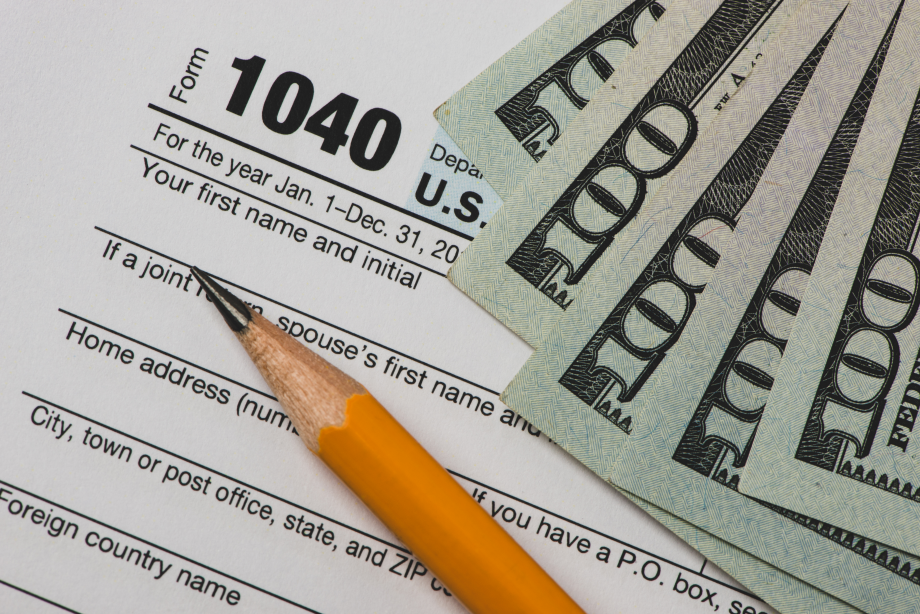Selling a house in Ohio is a journey filled with both anticipation and complexity, especially when it comes to understanding the tax implications. As a real estate expert with over a decade of experience in Ohio’s market, I’ve navigated countless sales, witnessing firsthand the nuances of state and federal tax laws. This article draws on my experiences and recent legal updates to offer you comprehensive insights into the tax considerations you’ll face when selling your home in Ohio.

Ohio Real Estate Taxes and Navigating Home Sales
When you decide to sell your home in Ohio, you’re embarking on a process laden with potential tax obligations, including capital gains tax and property sale taxes. The amount you owe can significantly vary, influenced by factors such as your home’s selling price, your tax bracket, and applicable tax exemptions or deductions. Let me share a scenario from my practice: a client was able to significantly reduce their tax liability by meticulously documenting home improvements over the years, showcasing the depth of tax planning needed. If you’re interested in finding out how much your house is worth, fill out the form and get a FREE home valuation.
Market Analysis Form
Capital Gains Tax in Ohio: An Expert’s Perspective
A primary concern for many sellers is the capital gains tax, levied on the profit made from the sale. The IRS allows exclusions that can significantly benefit sellers, an aspect I often emphasize to clients. For instance, if you’ve used your property as your primary residence for at least two of the five years before the sale, you might exclude up to $250,000 (or $500,000 for married couples filing jointly) of the gain from your income. This IRS provision [link to IRS guidelines on real estate capital gains] has been a game-changer for many of my clients, allowing them to plan their sales strategically.
Understanding Property Sale Taxes in Ohio
Beyond federal taxes, Ohio homeowners must navigate state-specific tax implications. Ohio does not impose a separate state capital gains tax; however, income from the sale of a property is subject to state income tax. The complexity of Ohio’s tax brackets means that your overall income level can significantly impact your tax obligations. It’s crucial to consult Ohio’s tax laws [link to Ohio state tax laws] to understand where you stand.
Reducing Your Tax Burden: A Real-World Strategy

Determining your potential tax burden involves calculating your capital gains by subtracting the original purchase price of your home (plus any improvements) from the selling price. Strategies to reduce or avoid capital gains tax are varied, but one effective method I’ve advised clients on involves reinvesting profits into another primary residence within a specific timeframe. This strategy, coupled with a detailed understanding of IRS rules and Ohio’s exemptions, can lead to substantial savings.
Why Professional Tax Advice is Invaluable
Given the intricacies of tax laws and the unique nature of real estate transactions, seeking professional tax advice is more than just recommended; it’s essential. As someone deeply entrenched in Ohio’s real estate market, I’ve seen the difference that personalized advice from a qualified tax advisor or accountant can make. They can navigate the maze of Ohio’s property tax laws, deductions, and potential exemptions to ensure you’re making the most informed decisions possible.
Conclusion: Leveraging Expert Insights for Your Ohio Home Sale
Selling your house in Ohio requires a deep dive into the complex world of tax implications. By arming yourself with knowledge and seeking expert advice, you can navigate these waters successfully. Remember, the key to managing your tax obligations effectively lies not just in preparation and strategic planning but also in leveraging the insights of those who’ve walked this path before you.
As a seasoned Ohio real estate expert, I’ve guided countless homeowners through the intricacies of selling their homes, ensuring they maximize their profits while minimizing tax liabilities. My advice? Don’t go at it alone. The right guidance can turn the sale of your home from a daunting task into a financially rewarding journey.
Are you thinking of selling your house and wish to avoid costly Realtor commission and the headache of making repairs? EZ Sell Homebuyers, is Google’s Top ranking Home Cash Buying team in Ohio with the highest number of Google reviews. We buy houses in all Ohio cities, (Dayton, Columbus, Cincinnati, Cleveland, Toledo, and Akron). Whether you are trying to avoid foreclosure, inherited a property you do not want, dealing with a divorce, or are fed up being a landlord dealing with tenants, we can help. If you need to sell your house in Ohio fast, we offer cash for homes in Ohio!
FAQ: Selling Your House in Ohio – Understanding Tax Implications
1. Do I have to pay taxes when I sell my house in Ohio?
Yes, selling a home in Ohio may subject you to capital gains tax and state income tax, depending on the profit made and your individual circumstances.
2. What is capital gains tax, and how does it apply to me?
Capital gains tax is levied on the profit from selling your property. If you’ve lived in your home for at least 2 of the 5 years before selling, you may exclude up to $250,000 (single) or $500,000 (married, filing jointly) of the gain.
3. Are there any exemptions to Ohio’s property sale taxes?
Yes, Ohio offers various exemptions, including for qualifying seniors, disabled veterans, and others. It’s essential to consult a tax professional to understand which exemptions may apply to your situation.
4. How can I reduce my tax burden when selling my home in Ohio?
Strategies include documenting home improvements, reinvesting profits into another primary residence, and consulting with a tax advisor to explore all possible deductions and exemptions.
5. Why should I seek professional tax advice for selling my home?
Tax laws are complex and constantly changing. A qualified tax advisor can provide personalized advice, helping you navigate Ohio’s tax laws and potentially saving you from significant tax liabilities.
6. Can I avoid paying capital gains tax in Ohio?
While avoiding capital gains tax entirely may not be possible for everyone, utilizing IRS exclusions and strategic financial planning can significantly reduce your tax obligations.
7. Where can I find more information about Ohio’s real estate tax laws?
For comprehensive and up-to-date information, visit the IRS website for federal tax guidelines and the official Ohio state website for state-specific tax laws and exemptions.
